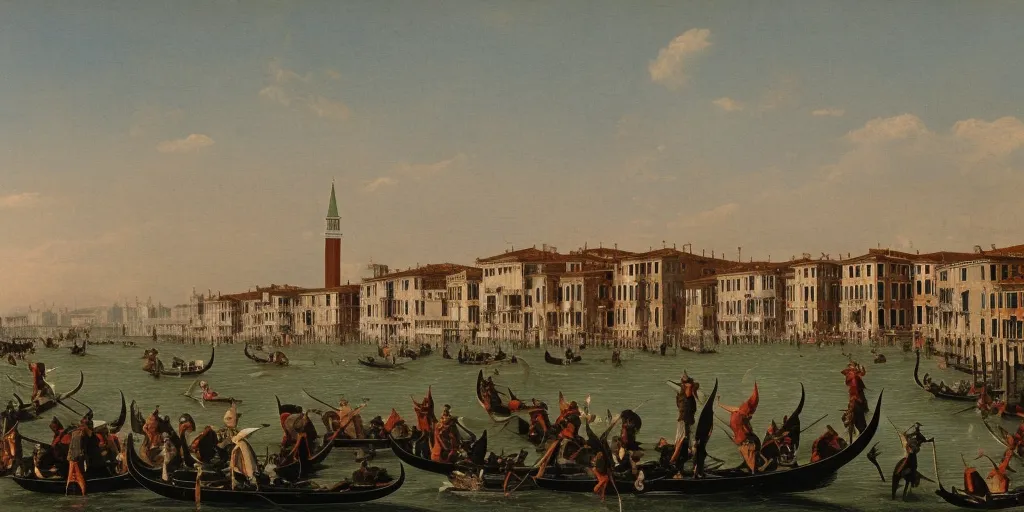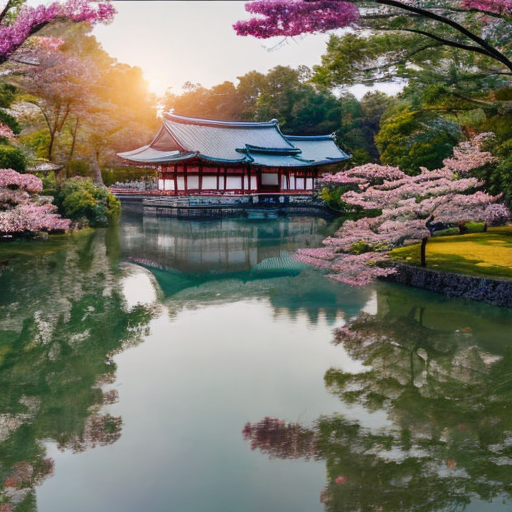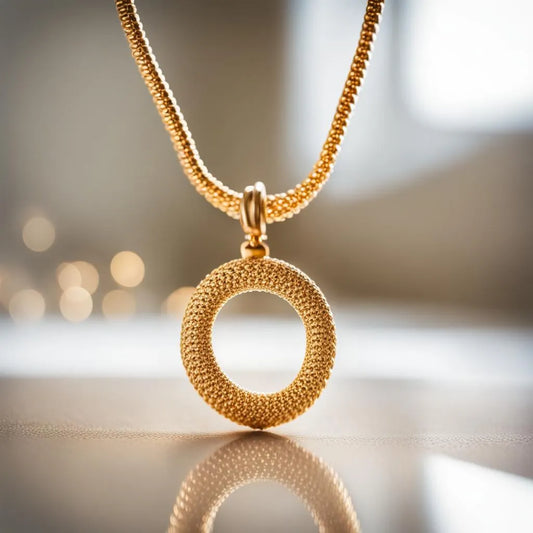
Venice was known as the City of Trade.
The rise of Venice as a major power in medieval Europe was entirely due to the entrepreneurial flair of its merchants as well as the strategic shrewdness of its leadership that ably tapped into global trade networks.
Among the trade products that the Venetians were
- spices from the Egyptian port city of Alexandria to European nobility and clergy as medicinal remedies and aphrodisiacs
- Byzantine products such as fabrics to consumers in Italy, France, and Germany, in return for products such as timber, salt, metals, and fish
Indeed, Venice was the very first European city to subsist primarily off the proceeds of foreign trade, with its inhabitants even forbidden from owning estates on the Italian mainland. Turning to the seas for its sustenance, the republic established a string of ports like Heraclea and Torcello along the Balkan coastline that provided its trading ships with essential shelter and supplies during their trips across the Adriatic Sea.
Although the city was initially dependent on privately owned ships for conducting its trading activities, the Venetian authorities eventually began to organize the formation of officially sanctioned trade convoys. These trading fleets were called ‘‘Muda’’ and would sail to distant locales in the Orient such as Syria and Egypt where they’d pick up important trade commodities.
The Venetian fleet also protected its maritime trading routes from hostile powers that threatened to disrupt the shipping networks. In 871 A.D., the Venetian navy demonstrated its strength by defeating an Arab fleet off the coast of Taranto. The republic’s growing naval prowess enticed the Byzantine empire into seeking an alliance with it. Responding positively, in 992 A.D., Venice signed a pact with Byzantium that would obligate it to provide naval support for the Byzantine army whenever the latter campaigned in Southern Italy.
Who did Venice trade with?
In return for this promise of military assistance, Venetian merchants received trading privileges for their commercial activities in the Byzantine capital city of Constantinople. Years later, when the Norman ruler Robert Guiscard invaded the dominions of the Byzantines in 1081 AD and seized their Italian possessions, the Byzantines called on Venice for aid.
With the empire’s naval capabilities have atrophied over the past few decades, Byzantium’s sole hope of salvation depended on the timely arrival of the Venetian fleet to prevent the Normans from seizing Constantinople. As stated by the daughter of the Byzantine Emperor Alexius, provided that the Venetians would ‘‘with all speed sail to Dyrrachium’’, the empire would gratify all their desires.
Fearing the prospect of the Normans encroaching on the vital seaborne trade routes, the Venetians duly fulfilled the emperor’s request and sent their fleet to expel the attackers. For their role in saving the empire, the Venetians were rewarded with the privilege of being allowed to trade throughout the entirety of the Byzantine realm. Moreover, Venetian merchants would also be given the same rights and benefits as Byzantine subjects.
Having secured this generous dividend, the Venetians quickly established a lucrative role for themselves as middlemen who specialized in exporting Byzantine products such as fabrics to consumers in Europe. Byzantine traders would arrive with their merchandise at Torcello and sell them to the Venetians in return for products such as timber, salt, metals, and fish. These Byzantine trade goods would be subsequently exported by the Venetians to customers in Italy, France, and Germany.
Unfortunately, ties between Venice and Byzantium soured during the 12th century, resulting in the former losing all the trade benefits that had been previously bestowed upon it. However, the Venetians found an alternative trading partner in the Mamluk sultanate of Egypt, notwithstanding the embargo that the Papal See imposed on trading activities with the Mamluks in 1291 A.D, following their seizure of the last few remaining Crusader bastions along the Levantine coast.
We also covered more about Venice waters such as how deep is Venice water and whether there are sharks.
By emphasizing their city’s economic dependence on maritime trade, the Venetians successfully persuaded Pope Innocent the Third to permit them to continue exporting trade goods to Egypt except for certain prohibited items that possessed military applications. Once this exemption had been obtained, the Venetians concluded a beneficial commercial treaty with the Mamluks.
In exchange for supplying the Mamelukes with timber, iron, and other raw materials that could be used to manufacture weapons in violation of the Papal prohibition, Venetian traders had certain benefits bestowed upon them. For example, they were allowed to spend the money accruing from the sales of the above-mentioned items on acquiring Egyptian commodities of their choice and then exporting the pertinent trade goods without incurring any taxes in the process.

Among the trade products that the Venetians acquired from the Egyptian port city of Alexandria were prized spices that had been originally harvested in the jungles of South-East Asia. Valued by the European nobility and clergy as medicinal remedies and aphrodisiacs, these exotic condiments could be sold for exorbitant sums with a pound’s worth of pepper costing as much as the weekly wage of a laborer in London.
Renowned for its rich historical heritage, Venice often conjures up romantic images of gondolas gliding serenely past architectural masterpieces like Saint Mark’s Basilica. Such magnificent monuments reflect the tremendous wealth that the Venetian Republic amassed through its maritime trading activities.






